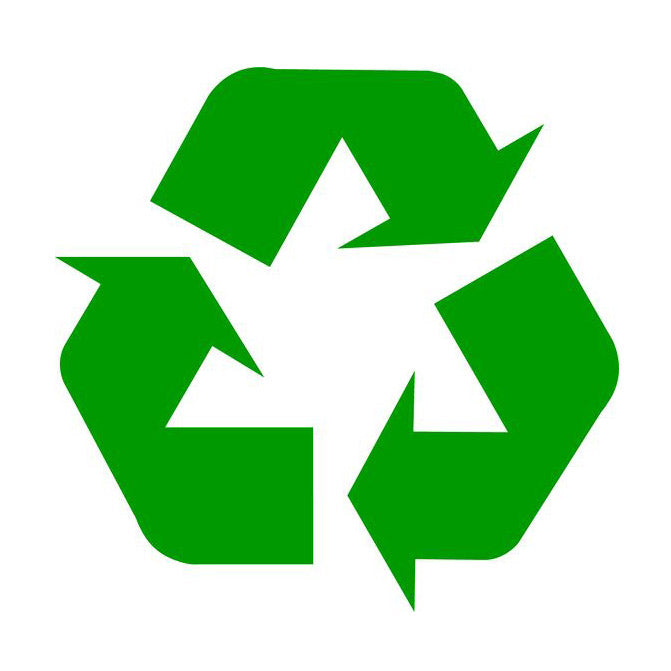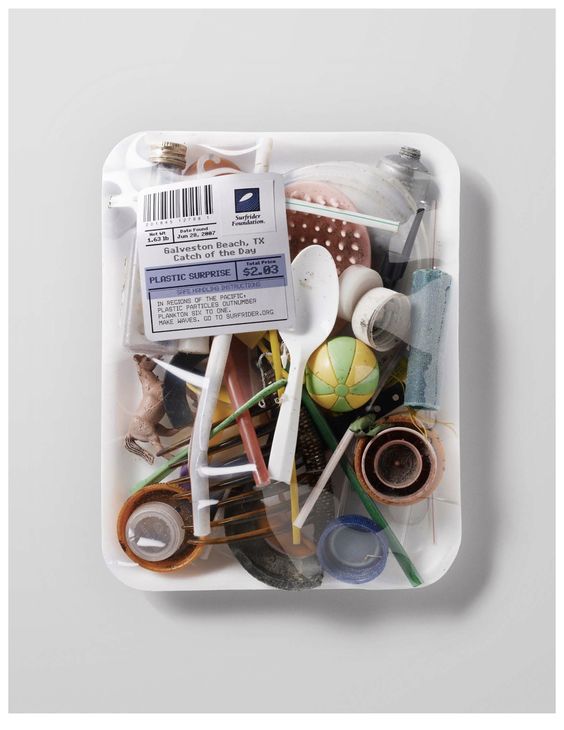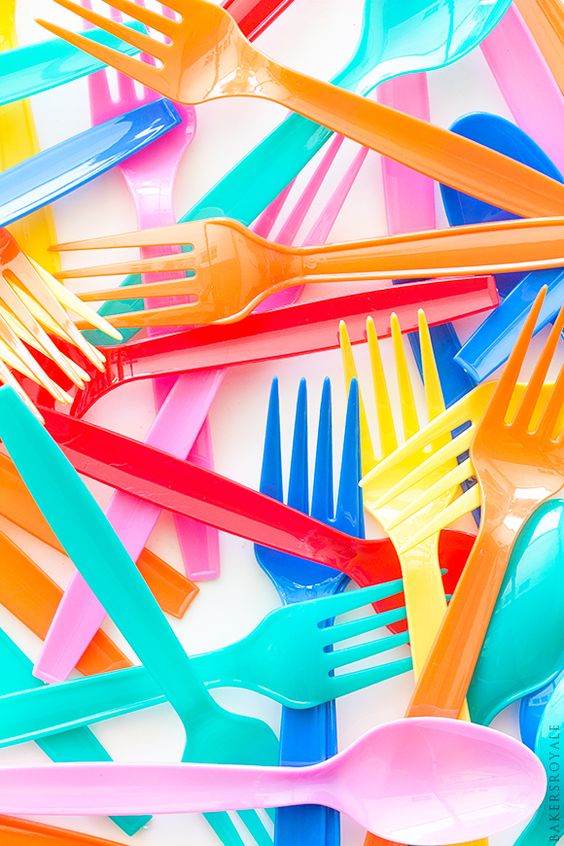Recycled Facts
Let’s take a little break from the holiday madness for just a minute to talk about my favorite subject…the environment. I hope you guys have been loving these blogs with facts and ways we can make small changes for the betterment of this planet.
I wanted to talk about recycling this week because I get a lot of questions about it’s effectiveness and how much of a difference it truly makes. This was one of the first subjects I jumped into because it seemed like there wasn’t enough information going around.

Here are some facts that seemed to stand out the most to me and maybe will surprise you:
-
The EPA estimates that 75% of the American waste stream is recyclable, but we only recycle about 30% of it.
-
Recycling one aluminum can saves enough energy to listen to a full album on your iPhone.
-
The Container Recycling Institute (CRI) estimates that the 36 billion aluminum cans landfilled last year had a scrap metal value of more than $600 million.
-
Americans throw away about 28 billion bottles and jars every year.
-
Over 87% of Americans have access to curbside or drop-off paper recycling programs.
-
A glass container can go from a recycling bin to a store shelf in as few as 30 days.


It’s hard to believe that there are still people that don’t recycle. I know that there might be some obstruction to the process for most people but it’s usually a fairly easy thing to do that can save our world energy and reduce the amount of waste we produce.


I urge you to reach out to your local recycling centers if you are having issues participating. Every little bit helps.
Till Next Week,

Continue reading



























